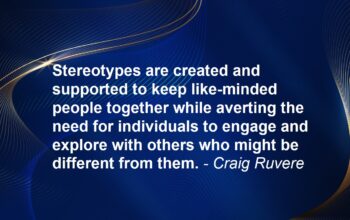“You can’t save everybody. In fact, there are days when I think you can’t save anyone. Each person has to save himself first, then you can move in and help.”
― Laurell K. Hamilton, Guilty Pleasures
I suspect we all are acquainted with someone whose life just seems to be broken. They make one bad decision after another with relationships, finances, careers, you name it!
But let me be clear about something – these are not necessarily bad people with no morals or kindness in their hearts. No – they’re just lost, and probably used to being continually enabled by someone else as a means to exist.
Beverley Glazer (MA., ICCAC) writes, “There are very fuzzy boundaries between helping and enabling. If you’re enabling, you think that you’re helping, but what you’re doing is anything but helpful.”
What’s important to remember when you find yourself at such crossroads is simple – some people, through pride or ego, just cannot be helped.
But you also need to recognize the signs of your possible enabling of others, which only contributes to the problem.
Do you continually allow someone to behave a certain way – thus creating an acceptable perception – simply because it’s easier than discussing it with them?
Do you constantly make contributions above and beyond the norm (personal and professional), but get little in return for them – and now they’re expected?
Is your answer always “yes” when someone asks you a favor, which often inconveniences you, but is rarely considered by those who are asking?
These are just some of the difficult questions we must ask ourselves in order to determine if in fact we are enabling someone in our lives, rather than helping them.
Robert Brault writes, “People who would never trespass on your property will trespass on your time, as if your time were not your property.”
I’m a huge proponent of helping others. However, there comes a point when we all must realize that our “time” is incredibly valuable, and therefore we must help those who want to be helped – not enable them to continue down the same path with the same negative outcomes.
There’s a big difference.


